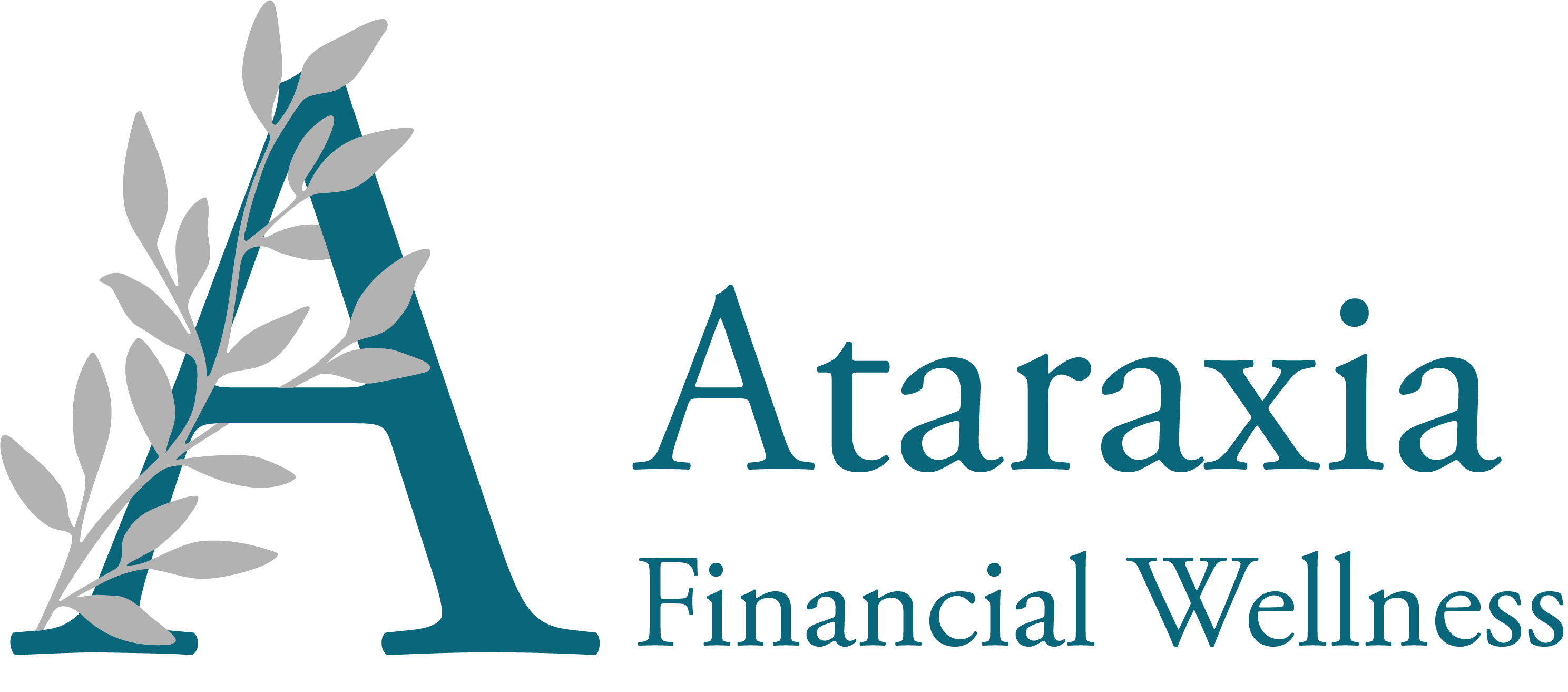Financial stress doesn’t have to rule your life. Here’s how to transform anxiety into action and build a healthier relationship with your finances.
We’ve all been there – that sinking feeling when bills pile up, unexpected expenses come out of nowhere, or we worry if we’ll ever reach our financial goals. Financial stress can feel overwhelming, but the good news is that with the right strategies, you can break the cycle and create lasting peace of mind around money.

Understanding Financial Stress
First, let’s acknowledge something important: financial stress is real, and it’s more common than you might think. Recognizing that you’re not alone is the first step toward making positive changes.
Financial stress can affect:
- Your mental health
- Your sleep and physical health
- Relationships with family and friends
- Job performance and career decisions
- Overall quality of life
The key is to shift from feeling helpless to empowered through practical action.
Take Stock of Your Reality
1. Face the Numbers The hardest step is often the first one: looking at your actual financial situation. Gather all your statements, bills, and debt information. Create a simple spreadsheet or use a budgeting app to understand:
- Your total monthly income
- Fixed expenses (rent, insurance, loan payments)
- Variable expenses (groceries, entertainment)
- Total debt, minimum payments, and interest rates
Knowledge is power, and once you see the full picture, you can make informed decisions.
2. Identify Your Stress Triggers At first glance it may seem like everything is a trigger. But if you take some time to analyze your feelings, you may discover that there are specific things or themes that trigger the stress. For example, you might feel stressed about anything to do with money, but learn that the real trigger is your tight budget is triggering a fear of homelessness.
If you really sit with your stress, what is at the root of it? Is it medical bills? Credit card debt? Fear of the future? Understanding what specifically causes your anxiety can help you target solutions more effectively.
3. Build a Basic Budget Start simple with a break down of your monthly incomes and expenses. Be honest with yourself and consider setting up a tracking app to help you really see what is happening. If you are spending more than you make in a month, work on you budget to find a way to decrease your spending.
4. Start an Emergency Fund Even if you can only save $25 a month. A small start is better than no start. An emergency fund prevents future stress and promotes peace of mind by covering unexpected expenses without derailing your finances.
5. Tackle Debt Strategically Choose a method that works for you:
- Debt avalanche: Pay highest interest rates first
- Debt snowball: Pay smallest balances first for quick wins
- Or create a hybrid plan
For a more detailed idea of how this could work for you, read our Debt Avalanche vs. Debt Snowball post.
6. Automate When Possible Set up automatic payments for bills and automatic transfers to savings. This reduces decision fatigue and prevents late fees. It also takes away the worry that you’ll miss due dates or that you may have missed a bill this month.
7. Practice Mindful Spending Before making purchases, ask yourself:
- Do I need this or want this?
- Can I afford this without sacrificing important goals?
- Will this purchase bring lasting value to my life?
- Is there a step down or lower cost alternative?
Read the post about the step down method to see how it can work for you.
8. Educate Yourself Knowledge reduces fear. Read books, listen to podcasts, or take free online courses about personal finance. The more you understand money, the less intimidating it becomes. Take a moment to make sure that the authors or podcast hosts are properly educated and designated to be providing financial advise.
9. Talk About It Don’t suffer in silence. Discuss your concerns with:
- Trusted friends or family members
- A financial counselor or advisor
- Online communities focused on financial wellness
- A mental health therapist
There is no need to face financial stress alone. Even the act of talking about your situation with a trusted person can help shed some of the stress and might help you see potential solutions you hadn’t seen previously.
Small Steps, Big Changes
Remember, overcoming financial stress is a journey, not a destination. Celebrate small victories along the way:
- Committing to a budget
- Paying off a credit card
- Building your first $500 emergency fund
- Sticking to your budget for a full month
These wins build momentum and confidence for bigger achievements. Take a moment to reflect and celebrate each win.
Moving Forward
Financial stress may be a challenge today, but it doesn’t have to define your tomorrow. By taking concrete actions – however small – you’re already on the path to greater financial freedom and peace of mind.
The journey begins with a single step. Whether it’s creating your first budget, making an extra debt payment, or simply facing your financial reality, start today. Your future self will thank you.
Remember: Progress, not perfection, is the goal. Be patient with yourself as you build healthier financial habits that will serve you for years to come.
